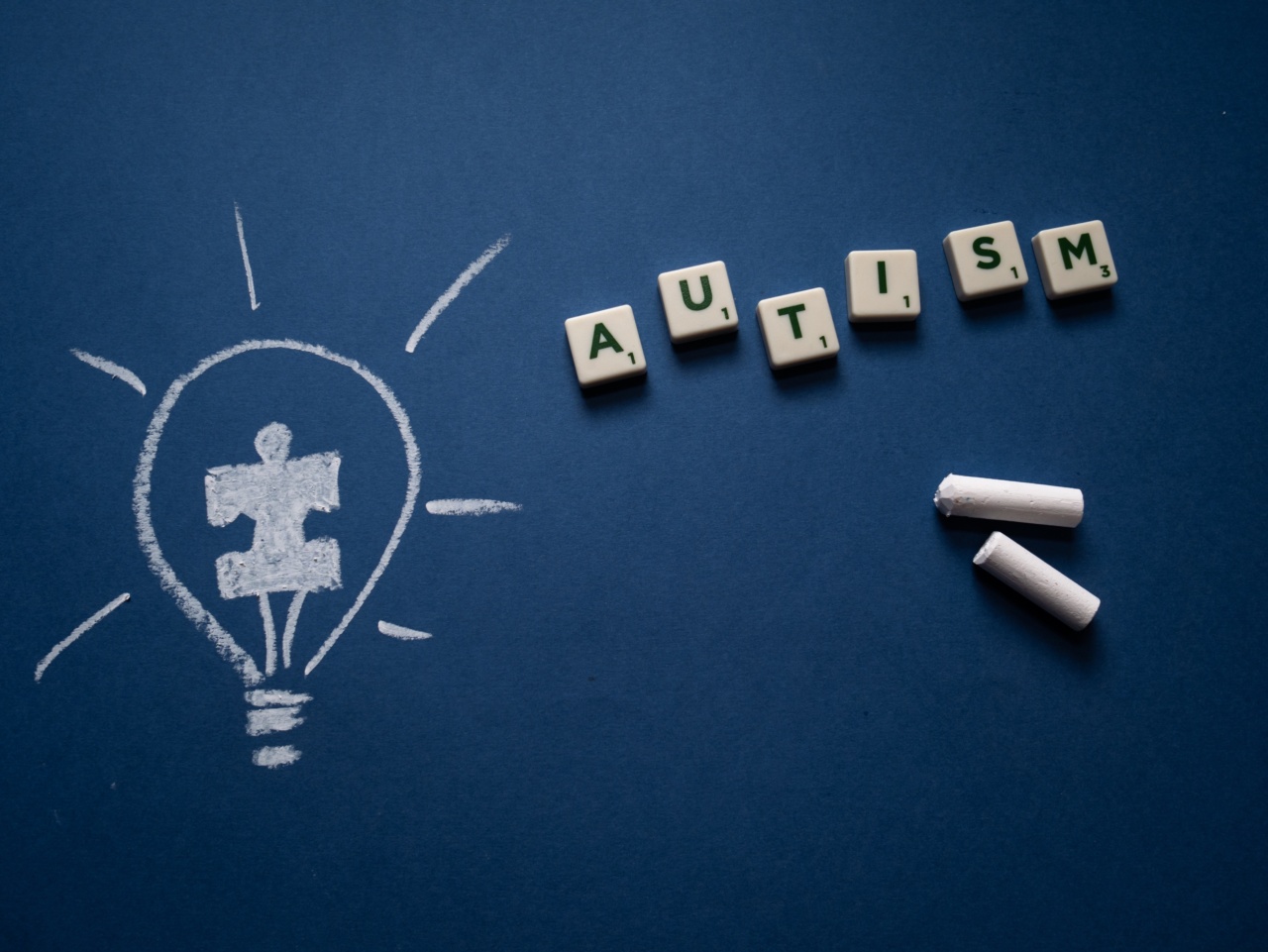Toddlers with autism spectrum disorder (ASD) often experience gastrointestinal (GI) disorders. GI disorders include constipation, diarrhea, bloating, and gastroesophageal reflux disease (GERD).
These disorders can cause discomfort for toddlers with ASD and impact their behavior and overall health.
Understanding the Link between ASD and GI Disorders
Research has shown that there is a link between ASD and GI disorders.
A study published in the Journal of Applied Research in Intellectual Disabilities found that children with ASD were more likely to experience GI symptoms compared to typically developing children.
The exact reason for this link is not entirely understood, but experts suggest it could be related to abnormalities in the brain-gut axis.
This axis refers to the connection between the brain and the gut, and disruptions in this connection can lead to GI problems.
Common GI Disorders in Toddlers with ASD
Constipation
Constipation is a common GI disorder in toddlers with ASD. It is defined as having fewer than three bowel movements per week. Constipation can cause discomfort and pain, and in severe cases, it can lead to fecal impaction.
Diarrhea
Diarrhea is another common GI disorder in toddlers with ASD. It is defined as having three or more loose or watery stools per day. Diarrhea can lead to dehydration and electrolyte imbalances.
In some cases, diarrhea can also be a symptom of an underlying condition such as celiac disease or inflammatory bowel disease.
Bloating
Bloating is a common symptom of GI disorders in toddlers with ASD. It is defined as the feeling of fullness or tightness in the stomach area. Bloating can cause discomfort and pain, particularly when it is associated with gas.
It can also impact appetite and contribute to food refusal.
GERD
GERD is a chronic condition in which stomach acid flows back into the esophagus. It is defined as gastroesophageal reflux disease (GERD). GERD can cause heartburn, chest pain, and difficulty swallowing.
In severe cases, GERD can also lead to esophagitis and ulcers.
The Impact of GI Disorders on Toddlers with ASD
GI disorders can impact toddlers with ASD in several ways. They can cause physical discomfort and pain, which can lead to irritability, sleep disturbances, and self-injurious behavior. They can also impact appetite and contribute to feeding difficulties.
GI disorders can also impact behavior in other ways. The gut-brain axis is bidirectional, meaning that changes in the gut can influence behavior and changes in behavior can influence the gut.
GI disorders may, therefore, impact communication and social skills, as well as cognitive and emotional functioning.
Diagnosing and Treating GI Disorders in Toddlers with ASD
Diagnosing and treating GI disorders in toddlers with ASD can be challenging. Toddlers with ASD may have difficulty communicating their symptoms, and their behavior may be misinterpreted as a behavioral issue rather than a medical issue.
It is important for parents and caregivers to be aware of the common signs and symptoms of GI disorders in toddlers with ASD and seek medical evaluation when necessary.
Treatment may include dietary modifications, medication, and behavioral interventions.
Conclusion
GI disorders are common in toddlers with ASD. These disorders can impact physical health, behavior, and overall functioning.
It is important for parents and caregivers to be aware of the signs and symptoms of GI disorders and seek medical evaluation when necessary.






























